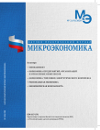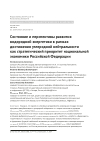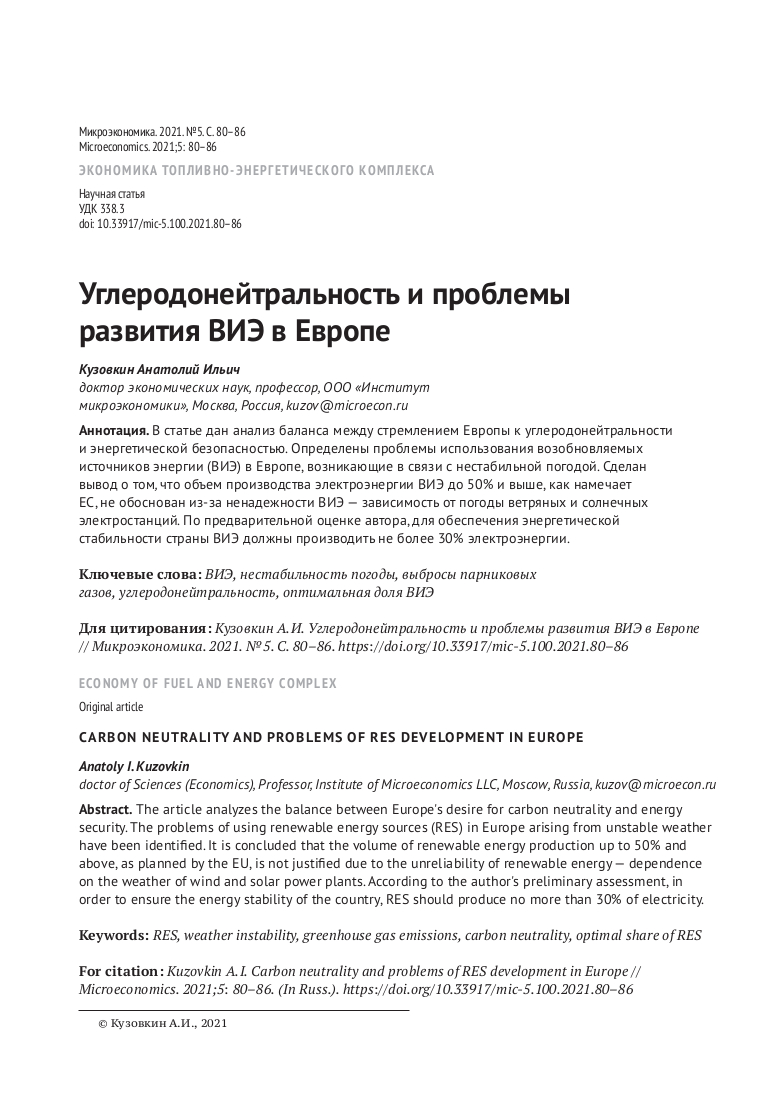The state and prospects of hydrogen energy development within the framework of achieving carbon neutrality as a strategic priority of the national economy of the Russian Federation
DOI: 10.33917/mic-6.119.2024.18-30
It is shown that the hydrogen economy is considered one of the key directions in the implementation of state decarbonization and carbon neutrality programs today. The technological and organizational and economic aspects of the production of environmentally friendly types of hydrogen are considered, depending on the method of production and the volume of carbon dioxide emissions, namely «green», «yellow», «blue», «turquoise», «brown» and «gray». It has been established that hydrogen technologies are the basis in the foundation of the future global economy, in which environmental protection issues come first, and as a result, the use of hydrogen will become a new driver of development.
It is shown that Russia has a huge potential for hydrogen production and export on a global scale. Therefore, hydrogen technologies are not only talked about in a positive way both at the largest Russian forums, but also as part of the discussion of innovative strategies of the largest Russian companies, but also move on to the practical implementation of a number of government programs and national projects.
References:
1. Borisova E.A. The development of hydrogen energy in the East. In the book: Economic, socio-political and ethno-confessional problems of Afro-Asian countrie, 2020. pp. 36–38.
2. Velikorossov.V., Genkin E.V., Filin S.A. The use of hydrogen energy to increase energy security and Gez transformation. National interests: priorities and security. 2023;19(8 (425)):1587–1600.
3. Volkov A.R., Makarenko E.D., Kim A.A. Hydrogen production from waste as a promising auxiliary vector for the development of hydrogen energy in the world. In the collection: Almanac of scientific works of young scientists of ITMO University. St. Petersburg, 2023. pp. 267–269.
4. Lebedkov R.K., Goryachev S.V. Hydrogen and alternative energy: past, present and future. Internauka. 2022;(13-3 (236)):18–20.
5. Plotnikov V.V., Aldoshina N.D. Hydrogen energy. Bulletin of scientific conferences. 2021;(4-3 (68)): 90–91.
6. Saitova A.A., Ilyinsky A.A., Dzhemilev E.R. Prospects for the development of hydrogen energy in the Russian Federation. Bulletin of the Perm University. Series: Economics. 2023;18(4):423–444.
7. Sokolov A.S. Hydrogen energy: the beginning of a long journey. In the book: Lomonosov readings. The history and modernity of physics (ISOF-2020), 2020. p. 70.
8. Chopanov D.A. Hydrogen energy as the future of the energy industry and renewable energy sources. Internauka. 2022;(15-3 (238)):44–45.
9. Shevandronov N.A., Brostilova T.Yu., Brostilov S.A. Application of hydrogen energy in transport and small-scale energy facilities. Proceedings of the international symposium «Reliability and Quality». 2024. Vol. 2. pp. 140–142.
10. Amir F.A. The world hydrogen economy: opportunities and difficulties of use. In the collection: Russian regions in the focus of change. Yekaterinburg, 2023. pp. 703–708.





